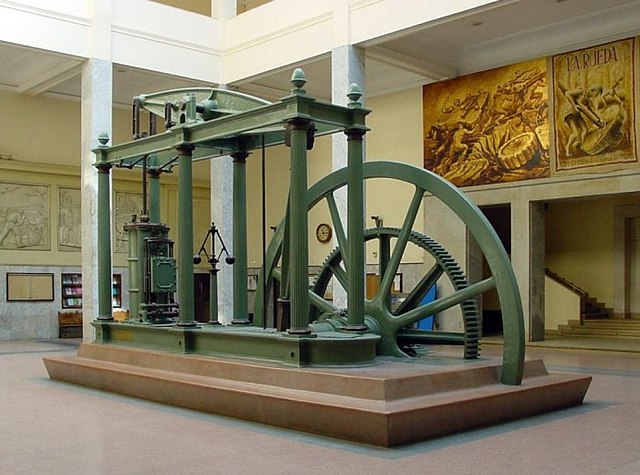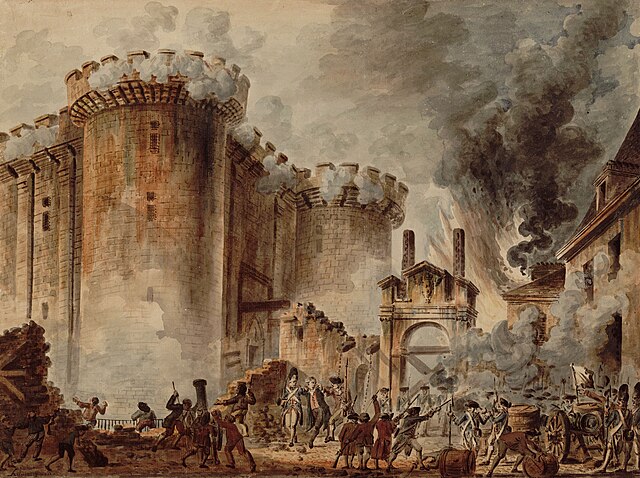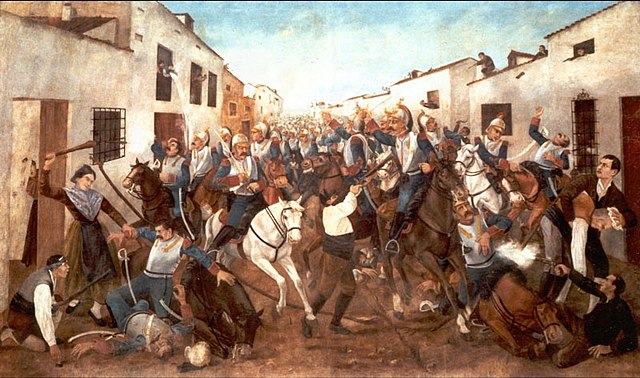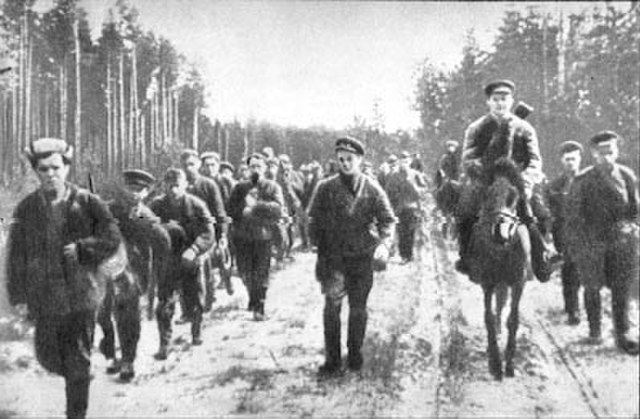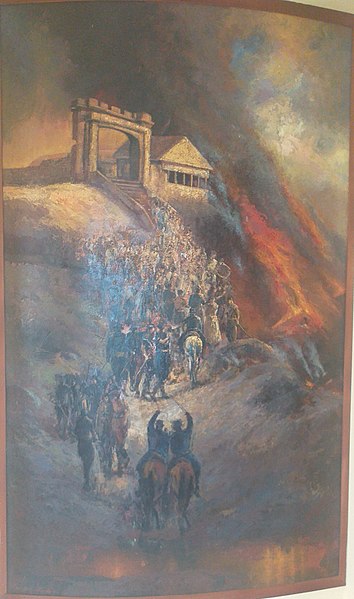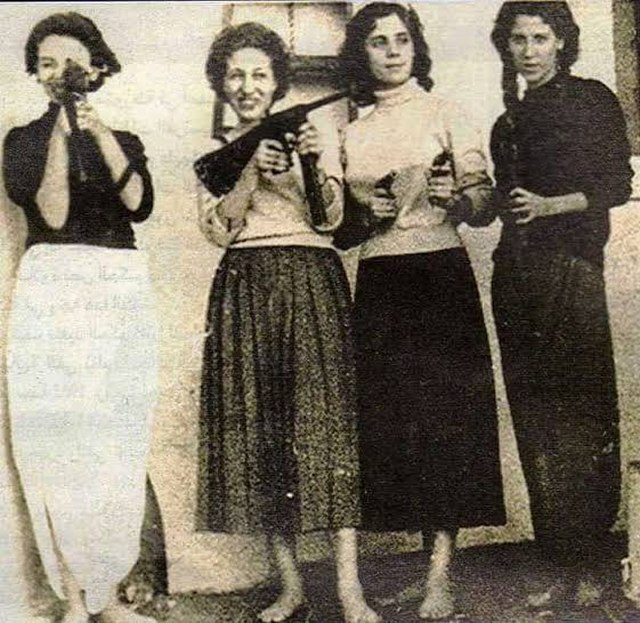In political science, a revolution is a rapid, fundamental transformation of a society's state, class, ethnic or religious structures. A revolution involves the attempted change in political regimes, substantial mass mobilization, and efforts to force change through non-institutionalized means.
A Watt steam engine in Madrid. The development of the steam engine propelled the Industrial Revolution in Britain and the world. The steam engine was created to pump water from coal mines, enabling them to be deepened beyond groundwater levels.
The storming of the Bastille, 14 July 1789 during the French Revolution.
Vladimir Lenin, leader of the Bolshevik Revolution of 1917.
Sun Yat-sen, leader of the Chinese Xinhai Revolution in 1911.
Guerrilla warfare is a form of unconventional warfare in which small groups of irregular military, such as rebels, partisans, paramilitary personnel or armed civilians including recruited children, use ambushes, sabotage, terrorism, raids, petty warfare or hit-and-run tactics in a rebellion, in a violent conflict, in a war or in a civil war to fight against regular military, police or rival insurgent forces.
Spanish guerrilla resistance to the Napoleonic French invasion of Spain at the Battle of Valdepeñas
Soviet partisans on the road in Belarus, 1944 counter-offensive
Siege of the Fortaleza San Luis by the Dominican rebels by Melanio Guzmán
Lakhdari, Drif, Bouhired and Bouali. Female Algerian guerillas of the Algerian War of Independence, c. 1956.

